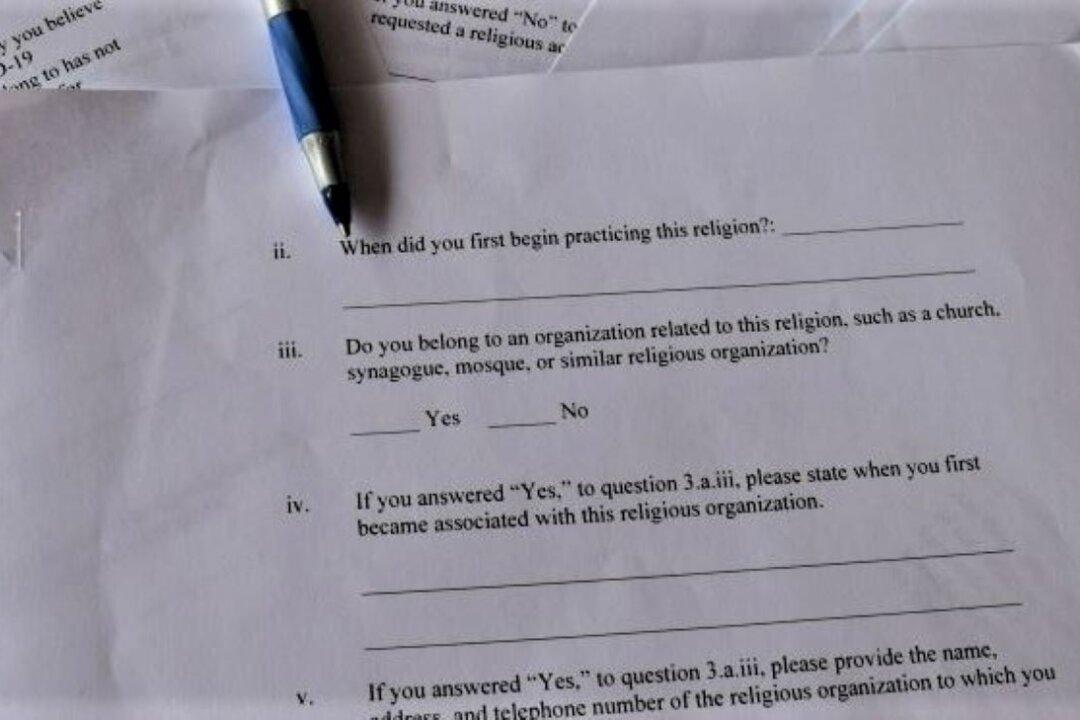Attorney Jeff Schott’s phone hasn’t stopped ringing since President Joe Biden announced a mandate requiring vaccination or termination for health care workers and those who work for any company with more than 100 employees. In some cases, noncompliance with the order for a 100 percent vaccinated workforce will result in the loss of federal funds. This hits hospitals and nursing homes the hardest and many are now informing employees of new vaccination policies to meet the mandate.
Schott is a labor, patient’s rights, and civil rights attorney at the Scaringi Law Firm in Harrisburg, Pennsylvania.





